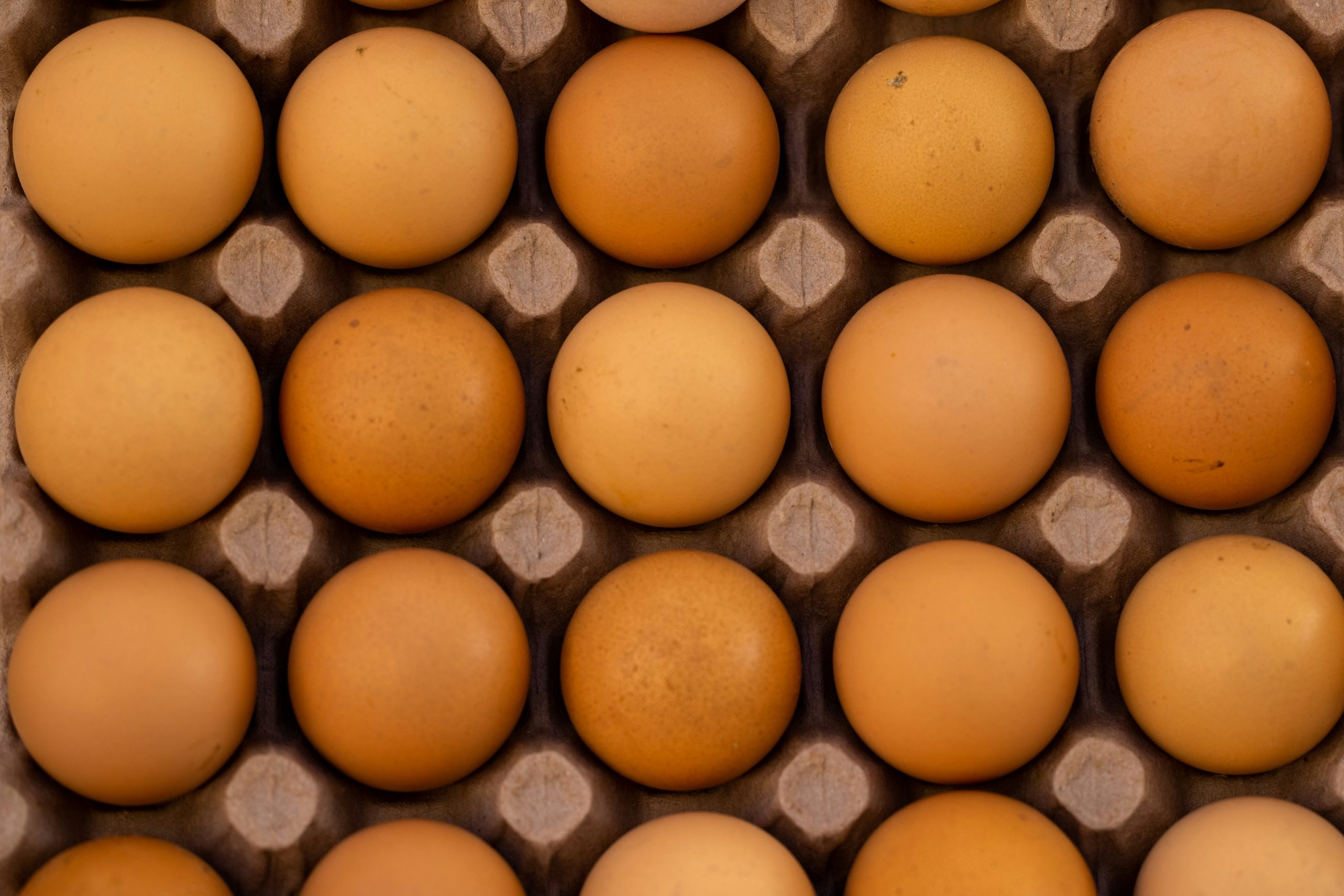Personalized Nutrition: AI-Generated Diets Based on Genetic Data
With the advancement of technology, the field of nutrition has also evolved in many ways. From diet trackers to calorie-counting apps, people now have access to a variety of tools to help them achieve their health goals. However, the concept of “one-size-fits-all” diets is slowly becoming obsolete. With the growing popularity of personalized nutrition, the focus has shifted to understanding an individual’s unique genetic makeup to develop a tailored approach towards achieving optimal health. As science and technology progress, we are now entering an era where AI-generated diets based on genetic data are becoming a reality.
Unraveling the concept of Personalized Nutrition
Personalized nutrition refers to the practice of creating a customized diet and lifestyle plan based on an individual’s unique genetic make-up, lifestyle, medical history, and goals. It takes into account each person’s distinct genetic variations, also known as single nucleotide polymorphisms (SNPs), that affect how they metabolize food and absorb nutrients. These SNPs are identified through genetic testing, which is becoming more accessible and affordable.
The idea is that by understanding an individual’s genetic predispositions, we can personalize their nutrition to optimize their health and prevent potential health issues. It goes beyond just considering caloric intake or macronutrient ratios, but takes into account micronutrients, food sensitivities, and dietary preferences as well.
The Rise of AI in Personalized Nutrition
The use of artificial intelligence in healthcare has revolutionized many areas, including nutrition. Through machine learning algorithms, AI can analyze large sets of data to identify patterns and relationships that may not be apparent to the human eye. When applied to nutrition, AI can analyze a person’s genetic data, medical history, food intake, and lifestyle factors to develop a customized plan for them.
One of the main advantages of using AI in personalized nutrition is its ability to process and analyze vast amounts of data in a short amount of time. This allows for a deeper understanding of a person’s unique nutritional needs. Moreover, AI can continuously learn and adapt based on new data, making the nutrition plan more accurate and effective over time.
The Role of Genetic Data in AI-Generated Diets
Genetic data is the foundation of AI-generated diets. Through genetic testing, an individual’s DNA is sequenced, and specific SNPs related to nutrition and health are identified. These SNPs can provide information about how well a person metabolizes different nutrients, their risk for certain health conditions, and potential food sensitivities. This data is then integrated into AI algorithms to develop a personalized nutrition plan.
For example, someone with a genetic predisposition for lactose intolerance would be advised to limit their dairy intake and opt for alternative sources of calcium. Similarly, individuals with certain genetic variations affecting their omega-3 metabolism may be advised to increase their intake of fatty fish or consider supplements.
The Benefits of Personalized Nutrition
One of the biggest benefits of personalized nutrition is its ability to take into account an individual’s unique needs, making it more precise and effective compared to generic diets. It also promotes a more sustainable approach to nutrition, as the focus is on developing a long-term plan tailored to an individual’s lifestyle. Research has also shown promising results for personalized nutrition in weight management and chronic disease prevention.
Moreover, AI-generated diets can save individuals time and effort by providing personalized meal plans, grocery lists, and even recipes. This makes sticking to the plan much more convenient and achievable in today’s busy world.
The Future of Personalized Nutrition
As technology continues to advance, the potential for personalized nutrition is endless. With the incorporation of wearable devices, AI can track an individual’s real-time data, such as heart rate and activity levels, to further customize their nutrition plan. The integration of virtual coaching and chatbots is also being explored as a way to provide continuous support and guidance.
However, it is essential to note that AI-generated diets are not meant to replace healthcare professionals. They should be used as a tool to enhance the guidance and support provided by registered dietitians and other healthcare providers.
Conclusion
Personalized nutrition is a game-changer in the field of nutrition and health. By taking a more personalized and precise approach, individuals can optimize their health and well-being like never before. As AI technology continues to advance, we can expect to see further developments in personalized nutrition, making it more accessible and effective for everyone.







